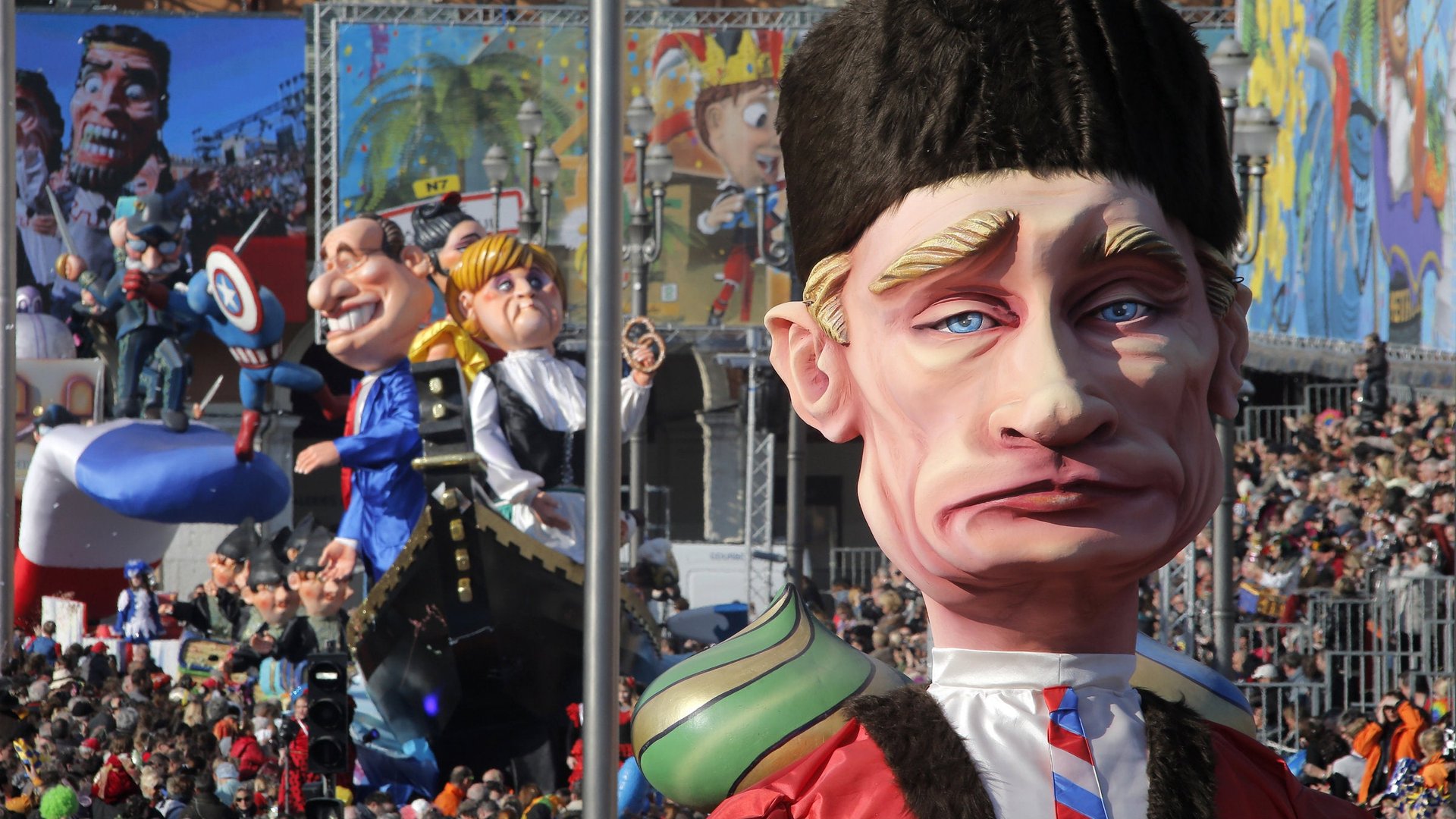Is Russia going the Chinese way on official corruption?
Over the last year, we have witnessed a remarkable blood-letting in China, in which a series of much-powerful officials have been brought low by criminal claims including alleged murder and theft. The outbreak of equal justice is not new for China—the post-Deng period has been marked by the occasional jailing of the powerful.


Over the last year, we have witnessed a remarkable blood-letting in China, in which a series of much-powerful officials have been brought low by criminal claims including alleged murder and theft. The outbreak of equal justice is not new for China—the post-Deng period has been marked by the occasional jailing of the powerful.
But not Russia. Despite spending most of the 20th century under a Communist system as well, Moscow has never been a place where official criminality has been treated as a fault.
Until now. On Feb. 13, Russian authorities revealed that they are investigating suspected embezzlement at Skolkovo, the Silicon Valley-like high tech park in Moscow. The same day, President Vladimir Putin ordered his interior minister to look into graft allegations at RusHydro, the state-controlled power utility. Last year, Defense Minister Anatoly Serdyukov was fired over alleged theft in the Glosnass GPS copycat program. All in all, Prime Minister Dmitry Medvedev said in January, the state has some 50,000 corruption cases on its books.
In an astonishing disclosure in Vedomosti, the Russian financial newspaper, Sergei Ignatiev said that one single group of organized Russians was responsible for some $25 billion in capital flight from the country in 2012. That was half of the $49 billion that in all left Russia illegally. “This might be payment for supplies of narcotics, . . . illegal imports, . . . bribes and kickbacks for bureaucrats . . . and avoiding taxes,” he said.
The trials in China have often been more a reflection of power politics than the long arm of the law: One powerful person crossed another powerful person, or vice versa, and before you know it, one of them is in prison.
So what explains the goings-on in Russia, where official crime has often seemed bigger than even Putin? If it is cleaning up, how do you explain the bizarre case of Sergei Magnitsky, a Russian lawyer who, after uncovering an official scheme to steal $230 million, ended up dead in jail and is now on trial posthumously for the same theft he discovered?
It would seem premature to conclude that Putin is acting on the pangs of conscience. Prior to learning who, if anyone else, of stature is caught in the net, a prudent impression would be that Putin is acting politically–either threatening to or actually shaking up the status quo.
For now, Russia has hired Goldman Sachs to improve its image for lawlessness and corruption. It could be a long period of work.